Amazon has changed how we shop for everyday goods—but even the e-commerce giant has its limits. Rising shipping costs, regulatory pressure, and a shifting focus toward higher-margin products mean some household staples could quietly vanish from your Prime delivery schedule by next year. While nothing has been officially announced, clues are piling up through third-party seller changes, internal memos, and evolving consumer habits. If you’ve ever tossed one of these into your Subscribe & Save cart without thinking twice, you might want to start paying closer attention.
1. Bottled Water (Bulk Packs)
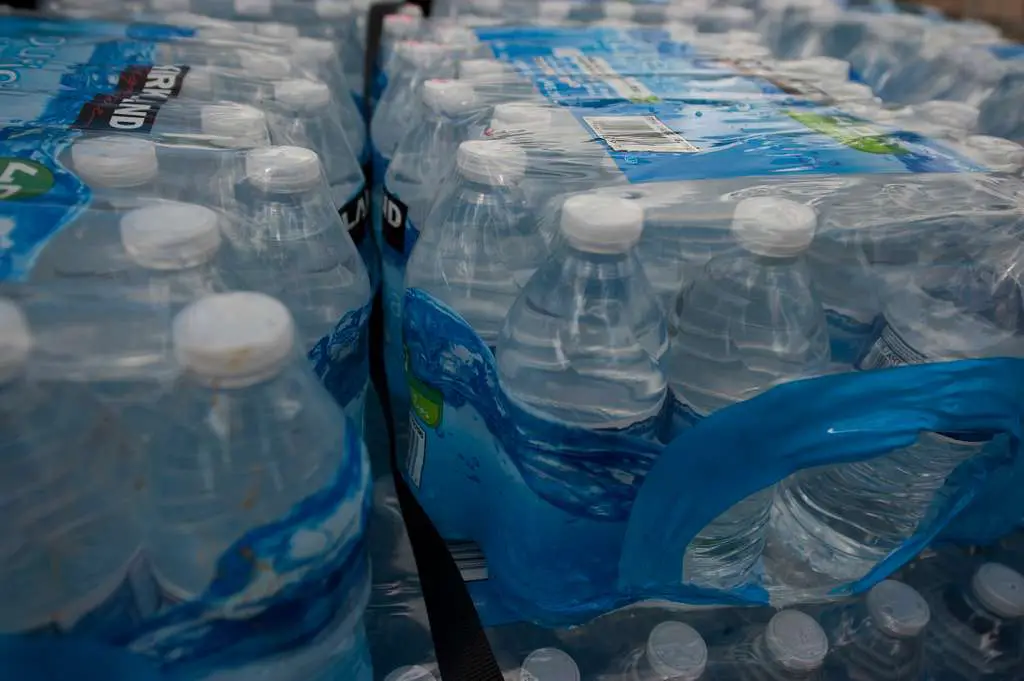
According to Forbes, Amazon has been quietly discouraging sellers from offering ultra-heavy, low-margin items like 24-packs of bottled water due to the high cost of shipping. It simply doesn’t make financial sense to deliver heavy, low-priced goods to individual homes, especially with shrinking profit margins. In some regions, Prime shipping for bulk water is already unavailable—or redirected to Amazon Fresh or Whole Foods pickup instead. Experts say that’s likely a test for broader rollout.
Even customers have noticed longer delivery times or increased “unavailable” notices. That’s because Amazon’s algorithm deprioritizes items with low profitability and high shipping cost. Unless prices increase (which would defeat the purpose), it’s unlikely that bottled water will remain a standard Prime convenience. You might want to keep a few extra packs in the car—just in case.
2. Bleach and Other Strong Cleaners
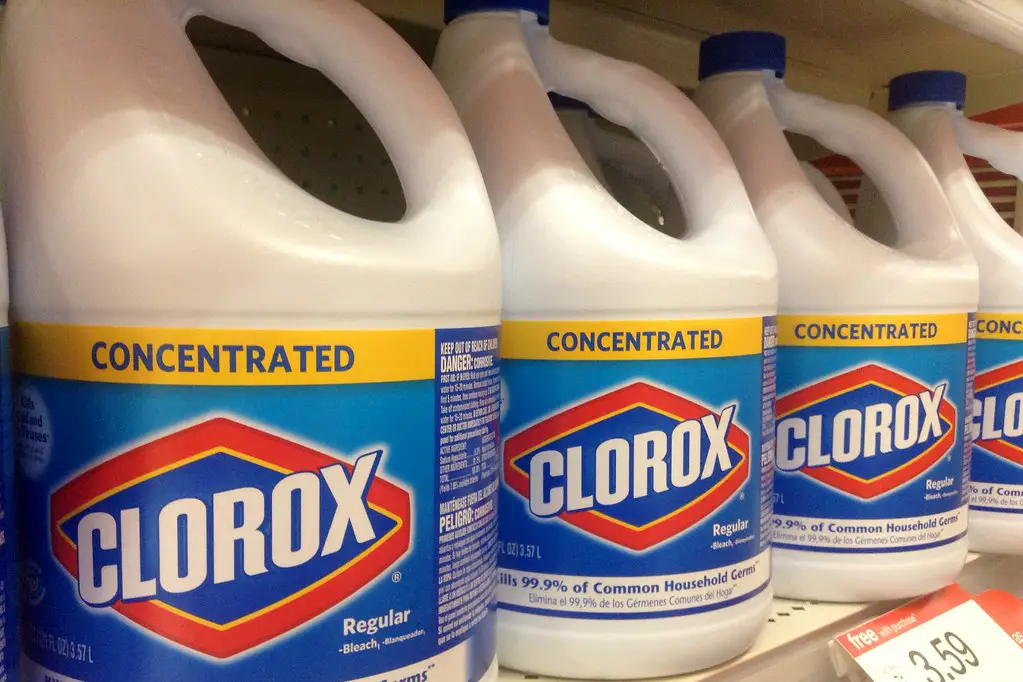
As noted by the Retail Compliance Center, shipping hazardous materials like bleach or ammonia-based products comes with increased regulation—and liability. While Amazon still sells these products, there’s been a noticeable shift toward third-party vendors with longer shipping times. Many of these items now ship ground only, and some won’t deliver to certain zip codes at all. That’s a big red flag that Amazon may phase them out entirely for home delivery.
These restrictions are often tied to federal or carrier-specific rules about shipping hazardous chemicals. That means Amazon has to create workarounds or special labeling for certain items, which adds cost and complexity. Combine that with low profit margins, and the writing’s on the wall. Expect to see more of these items routed through store pickup or even removed from Prime-eligible lists.
3. Large Laundry Detergent Bottles
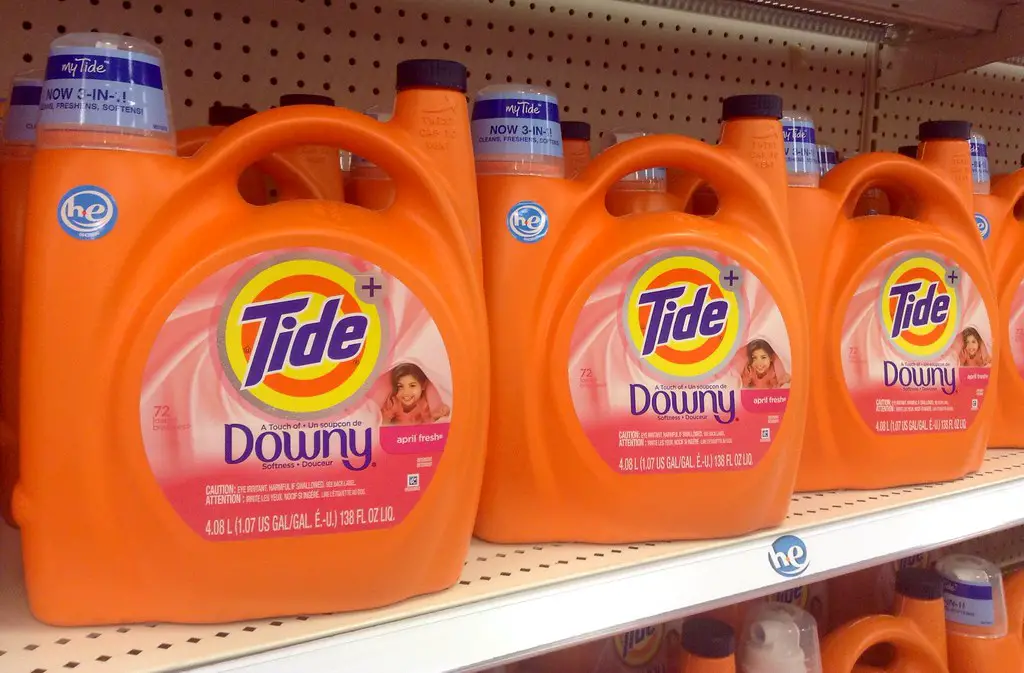
Shipping a bulky 150-ounce jug of Tide just isn’t as cost-effective as it used to be. Amazon’s Sustainability Report says that the company is actively pushing sellers toward “concentrated,” lightweight packaging for household staples—including detergent. Some brands are already reformatting products into pods or sheets to align with this trend. That’s great for sustainability but less ideal for shoppers who prefer the original format.
If you’re still ordering traditional detergent bottles through Prime, don’t be surprised if they slowly disappear. Customers in rural areas are already seeing longer shipping times or “out of stock” notices for these types of items. Amazon’s algorithm prioritizes items that are small, high-margin, and easy to store and ship. Unfortunately, a giant jug of liquid soap doesn’t make the cut.
4. Paper Towels (Bulk Cases)
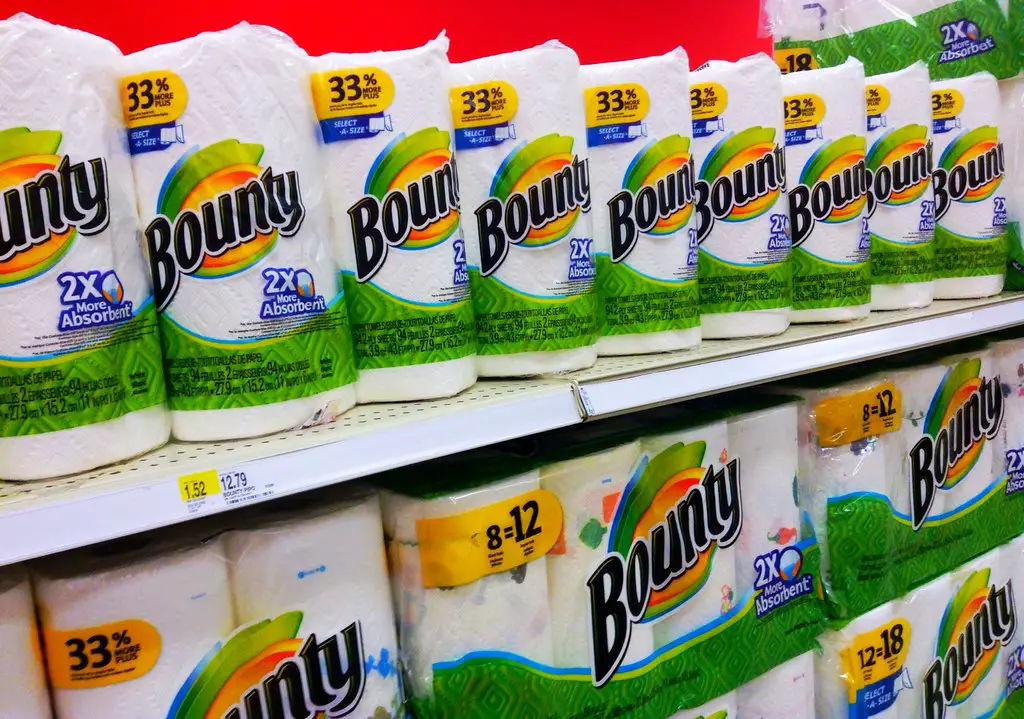
Supply Chain Dive highlighted in 2024 that Amazon’s warehousing model is shifting toward smaller, faster-moving products. That makes it harder to justify bulk items like multi-roll packs of paper towels, which take up valuable space and often ship at a loss. Third-party sellers say they’ve already received notices about limited restocking permissions for oversized household staples. It’s a subtle move—but a significant one.
Even if you find paper towels still listed, delivery delays and price spikes are likely to follow. Amazon is encouraging shoppers to buy single rolls or smaller packs instead. While that may work for apartment dwellers, families who rely on bulk shopping will be left scrambling. Costco might just win this battle after all.
5. Diaper Boxes (Size 4 and Up)
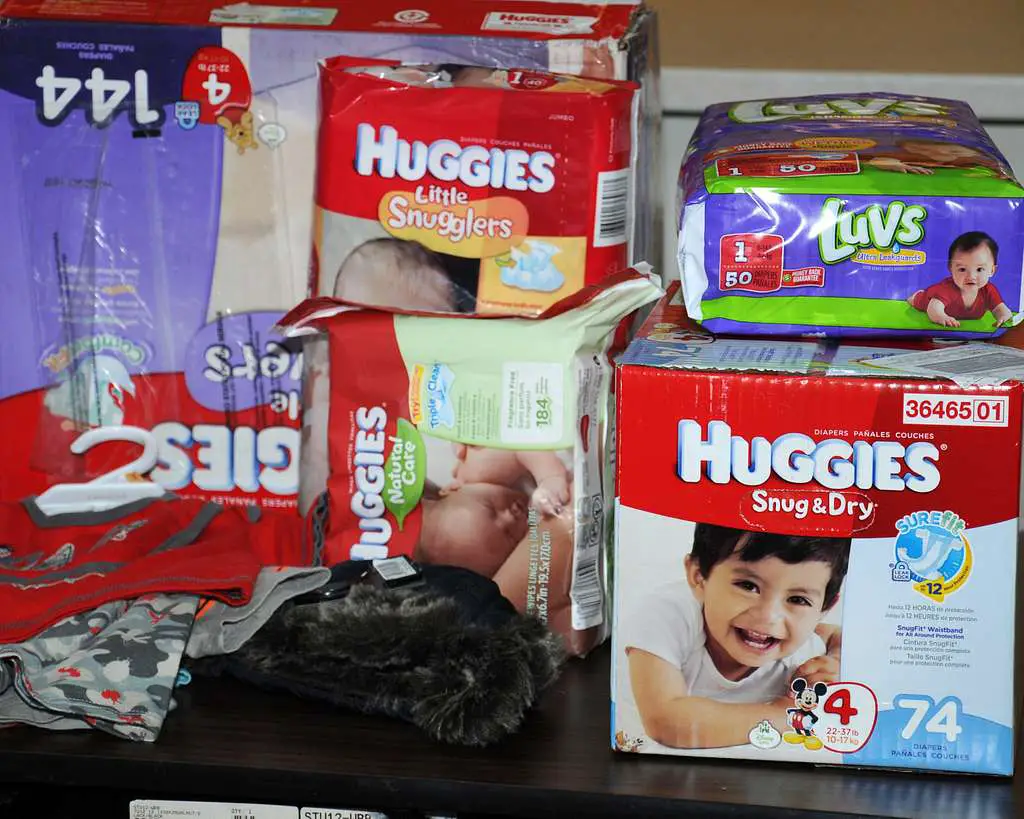
Diapers are bulky, low-profit, and high in demand—exactly the kind of product Amazon is trying to shift out of its main warehouse system. Subscription customers may have already seen disruptions in delivery timing or availability for larger sizes. With warehouse space at a premium, Amazon is increasingly focused on stocking smaller, more profitable items. That means big diaper boxes may not make the cut much longer.
Parents relying on Amazon for monthly shipments might need a Plan B soon. Retailers like Target and Walmart offer competitive diaper prices and have more flexibility with in-store pickup. While baby essentials won’t vanish from Amazon entirely, the convenience of recurring shipments may be scaled back. It’s one of the few cases where traditional retail might have the upper hand.
6. Canned Goods (Especially Multi-Packs)
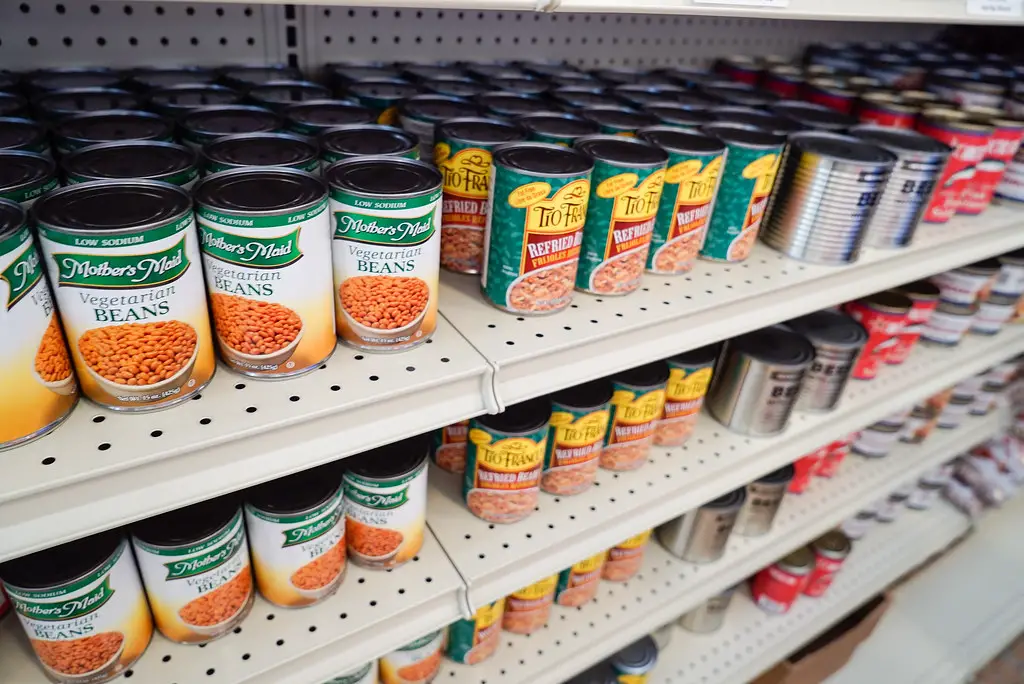
A six-pack of soup cans is heavy, awkward to package, and relatively low-value for Amazon’s logistics model. If you’ve noticed your go-to chili or vegetables showing as “out of stock” more often, it’s probably not a coincidence. These items cost more to ship than they earn in revenue, especially once discounts and Prime shipping are factored in. Amazon has quietly reduced warehouse stock of many canned goods over the past year.
Instead, grocery delivery services and local Amazon Fresh options are picking up the slack. But if you’re outside of a major metro area, your access may be limited. This is especially frustrating for customers who built emergency stockpiles through Subscribe & Save. Going forward, stocking your pantry might mean an extra trip to the store.
7. Charcoal and Propane Canisters
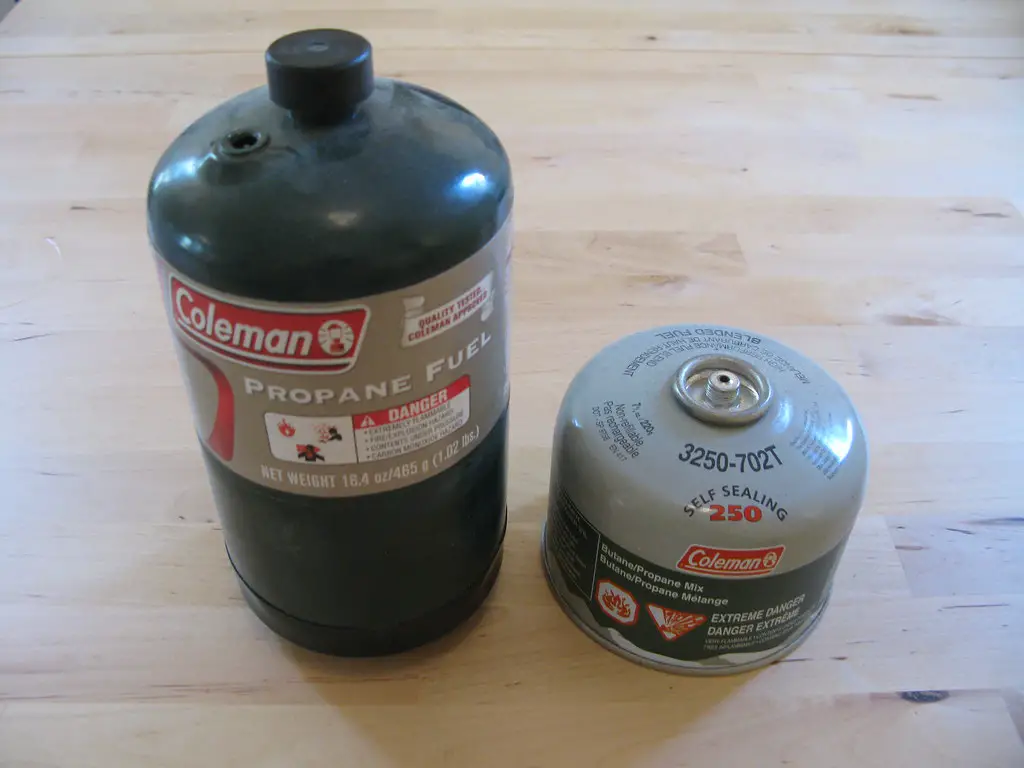
Backyard grillers, beware: shipping flammable materials like charcoal briquettes or small propane tanks is a logistical headache for Amazon. While some items still show up in search results, many come with vague warnings or limited shipping options. These restrictions stem from safety regulations—not just corporate policy. That means delivery will likely only get more difficult as oversight tightens.
Amazon is expected to continue pulling back on these items to avoid compliance issues. It’s just easier (and safer) to leave these products to hardware and grocery stores. So even if you’re planning your next barbecue online, don’t count on Amazon to bring the fuel. You’ll probably have to grab it the old-fashioned way.
8. Pet Litter (Clumping and Clay-Based)
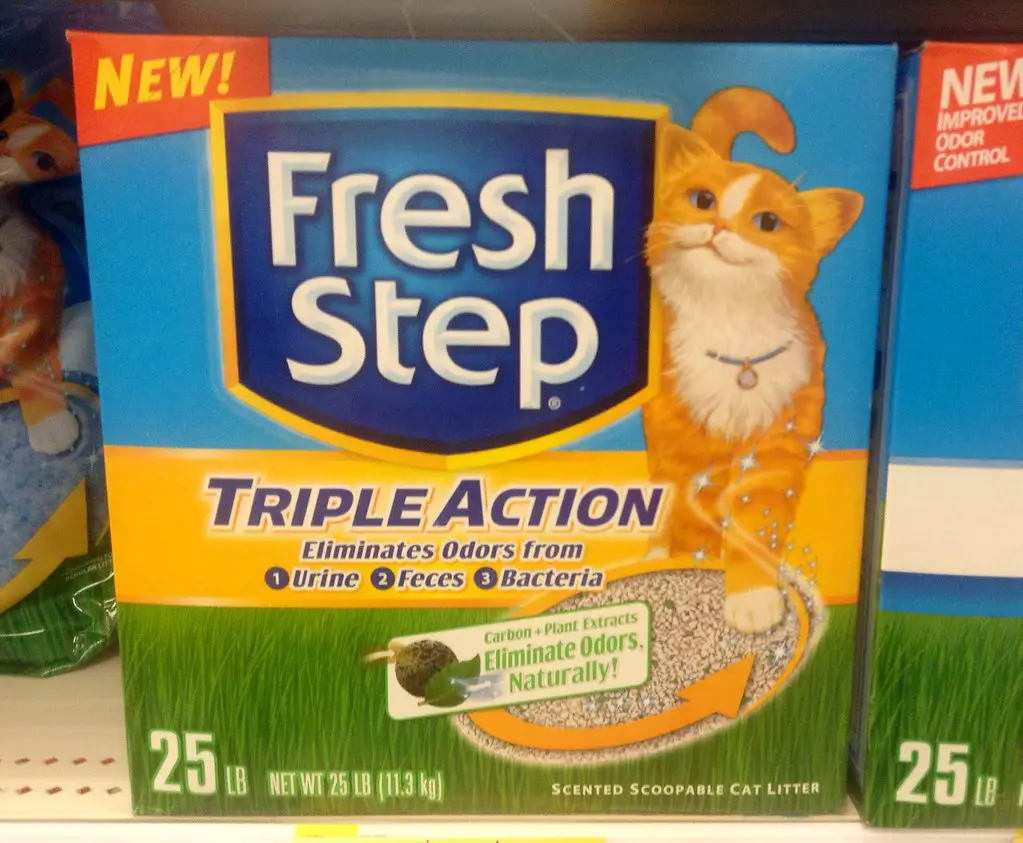
Pet owners may have noticed their preferred litter brands are harder to find for Prime delivery—and the reason is simple: weight. A 40-pound box of clumping litter eats up warehouse space and shipping resources, often for less than $20 in revenue. That’s not a winning formula for Amazon’s logistics model. Even when available, delivery times have grown longer, especially for rural addresses.
Smaller bags and alternative formulas like pine pellets or paper-based litter are more commonly offered now. These fit Amazon’s goals better, even if they’re not every pet owner’s first choice. As demand for lighter, eco-friendlier options grows, clumping litter may be nudged out entirely. So if your cat is picky, you might want to start looking at local options now.
9. Giant Packs of Toilet Paper
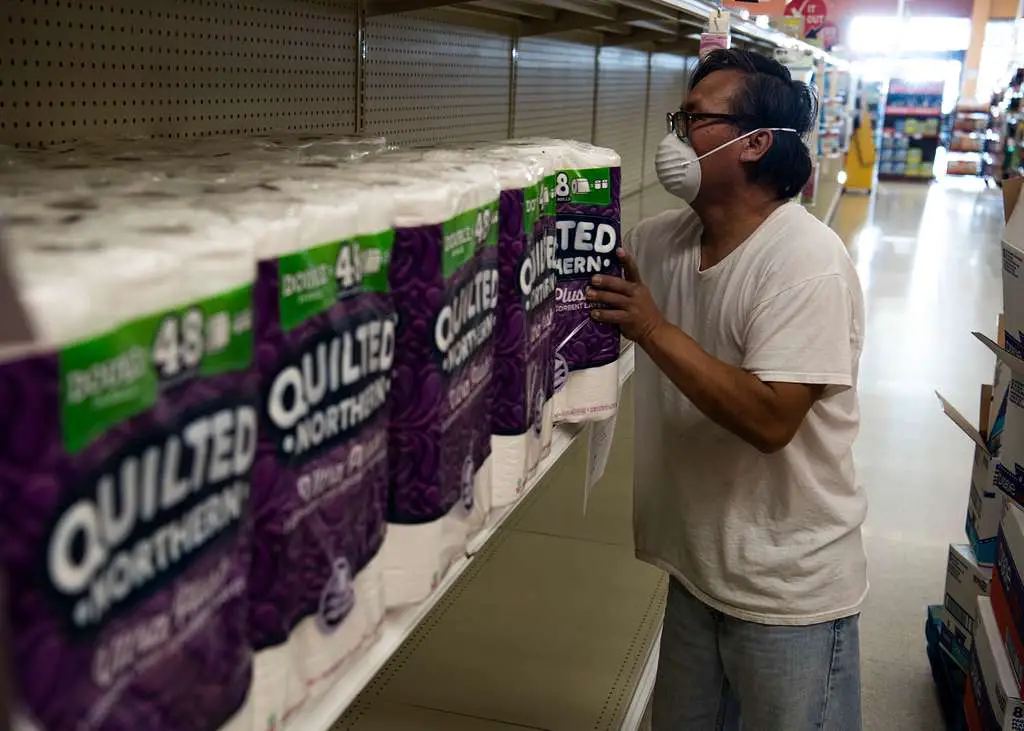
Bulk toilet paper was a pandemic favorite—but it’s becoming a shipping nightmare. Like paper towels, it takes up a ton of space and barely turns a profit per unit. Amazon may quietly phase out direct Prime delivery for giant packs and focus on smaller, more compact alternatives. Many customers already report “Amazon Fresh only” listings for these items.
If you’re used to giant packs arriving at your doorstep, expect changes ahead. You might have to switch to bi-weekly orders of smaller quantities. Or you’ll need to add it to your brick-and-mortar shopping list. Either way, the glory days of ultra-bulk TP may be numbered.
10. Gallon Jugs of Vinegar or Cleaning Solutions
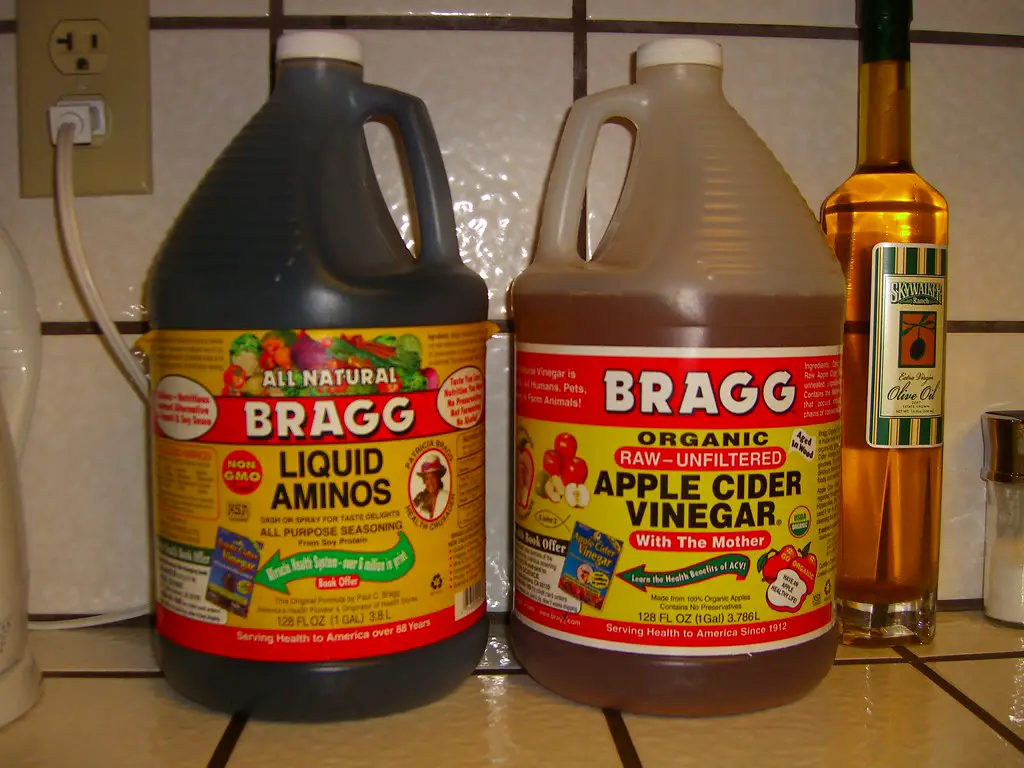
Cleaning vinegar, ammonia, and other gallon-sized solutions are another casualty of Amazon’s new shipping math. They’re cheap, heavy, and awkward to store in fulfillment centers. Even with demand staying steady, the economics just don’t add up anymore. That’s why many popular brands are already being funneled into third-party sellers with limited stock.
Some customers have even received order cancellations without explanation. That usually means the item has been pulled from nearby warehouses. If you rely on bulk jugs for deep cleaning or DIY projects, now’s the time to stock up. Because next year, they might be off the menu.
11. Bulk Baking Supplies (Like 10 lb Bags of Flour)
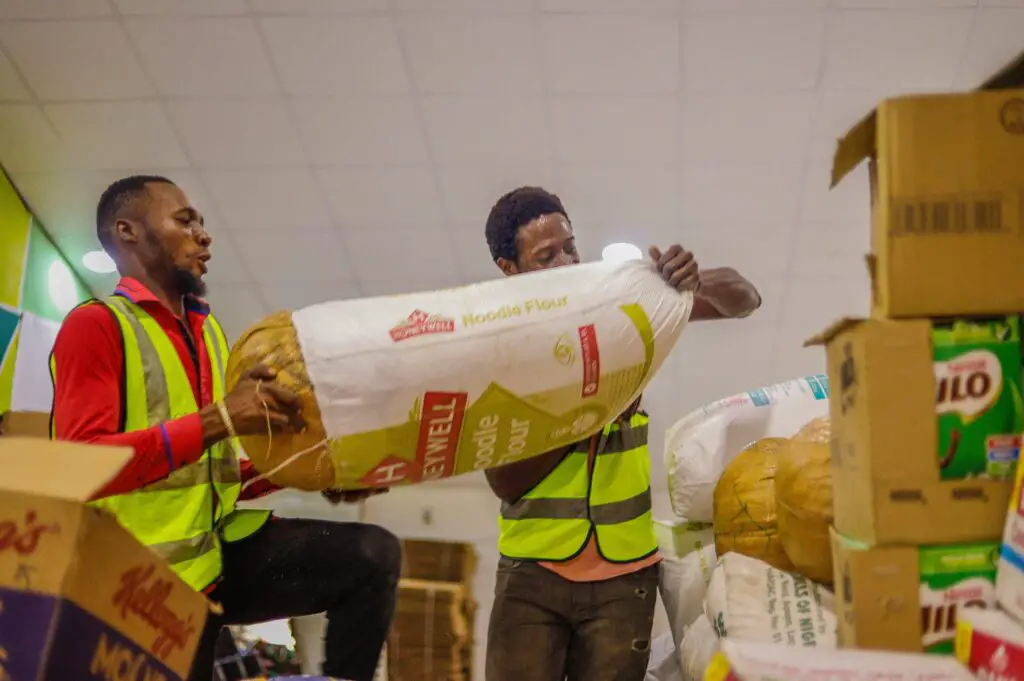
Home bakers enjoyed a golden age of flour and sugar delivery—but that’s winding down. Bulk bags of baking staples are prone to spillage, difficult to pack, and often have tight expiration dates. As a result, Amazon fulfillment centers are reducing how much stock they carry. More and more of these are now shipped by third parties, often with higher shipping costs.
Amazon is still expected to carry smaller, name-brand versions that are easier to store and ship. But serious bakers may have to return to old-school grocery runs for their supplies. The shift reflects Amazon’s focus on what fits best into an efficient logistics system. Sadly, a 10-pound sack of pastry flour doesn’t qualify.
12. Liquid Refill Pouches for Soap and Shampoo
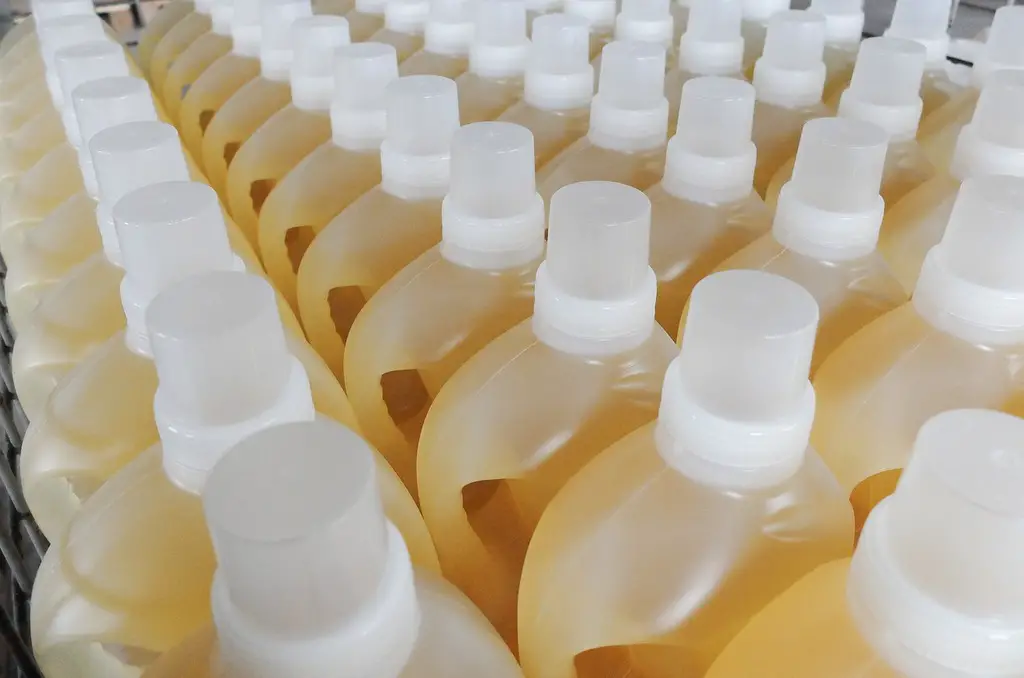
They seem like an eco-friendly option—and they are—but liquid refill pouches often leak during transit. Amazon has been quietly cutting back on items with high damage rates, and these flexible pouches top the list. Returns and replacements for damaged packages cost more than they’re worth. Even with demand growing, Amazon may stop offering them for home delivery altogether.
Brands are being encouraged to switch to hard-plastic containers or tablet-style formats. These ship better, store better, and create fewer headaches for Amazon’s customer service team. If you love your refill packs, start looking for in-store options or brand-direct websites. Because they may not be around for much longer on Prime.
